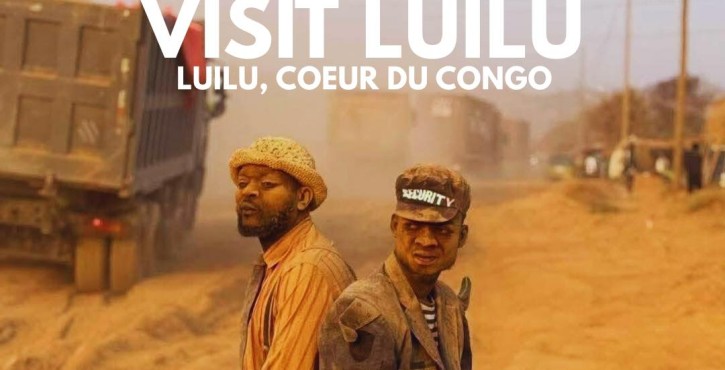In Luilu, heavy trucks loaded with copper and cobalt rumble daily along dusty roads. Behind them, they leave a grey haze that settles on homes, seeps into lungs, and clings to clothes. In this mining district on the outskirts of Kolwezi, dust has become part of daily life, more present than the hope of meaningful change.
Yet the legal framework in the Democratic Republic of Congo (DRC) and under international law is unambiguous:
- Article 53 of the DRC Constitution: every citizen has the right to a healthy environment and the duty to protect it.
- Revised Mining Code (Law No. 18/001 of 9 March 2018): 25% of mining royalties must go to local decentralized entities and 15% to provincial governments, to fund community development projects.
- Environmental Protection Law (Law No. 11/009 of 9 July 2011): mining operators are required to prevent, reduce, and repair environmental damage caused by their activities.
- Article 23 of the DRC Constitution: every person has the right to freedom of expression - through speech, writing, images, or any other means of communication.
- International treaties including the International Covenant on Civil and Political Rights (Article 19) and the African Charter on Human and Peoples’ Rights (Article 9) protect the right to seek, receive, and share information.
These are not symbolic provisions. They impose concrete obligations on both public authorities and mining companies, while safeguarding the right of citizens to bear witness to their lived reality. It is within this legal framework that the #VisitLuilu campaign emerged. Led by young people, artists, and influencers, it documents daily life in this mining community through photos and videos. The images are stark: children playing in clouds of dust, crumbling roads, homes dulled by layers of particulate matter. They serve as a reminder that development is not measured by the height of new buildings in the city centre, but by the quality of life in the communities most affected by extraction.
And this reality casts a harsh light on systemic failures. It is a shame for the State, which allows a situation to persist in violation of its own Constitution. It is a shame for the provincial government, which receives a share of mining royalties yet fails to deliver basic services. It is a shame for mining companies, which extract immense wealth while leaving neighbouring communities to breathe dust and live in hardship.
As Kolwezi prepares to host the DRC–Africa Battery Metals Forum 2025 on 29–30 September, the case of Luilu must be impossible to ignore. This high-profile gathering will bring together investors, industry leaders, policymakers, and civil society to discuss local mineral processing and the global energy transition. But just a few kilometres from the conference halls, a mining community struggles with environmental degradation and neglect. Luilu should be the example that forces a shift from rhetoric to action. This forum is a unique opportunity to commit to concrete measures to reduce pollution and improve infrastructure; ensure full transparency in the use of mining royalties; launch pilot projects for local mineral processing that directly benefit host communities and involve local communities in decision-making, ensuring solutions are grounded in local realities.
By sharing these images and testimonies, the people of Luilu are not provoking- they are exercising rights guaranteed by national and international law. They are demanding that the wealth extracted from their soil be transformed into local jobs, durable infrastructure, clean water, and quality healthcare.
#VisitLuilu is more than a hashtag. It is an act of democratic vigilance, a tool for public accountability, and a reminder that environmental and social justice are enshrined in law. Until Luilu can breathe again, this collective voice will not fall silent - and the shame will remain with those who choose to look away.
Prof. Joseph Yav

